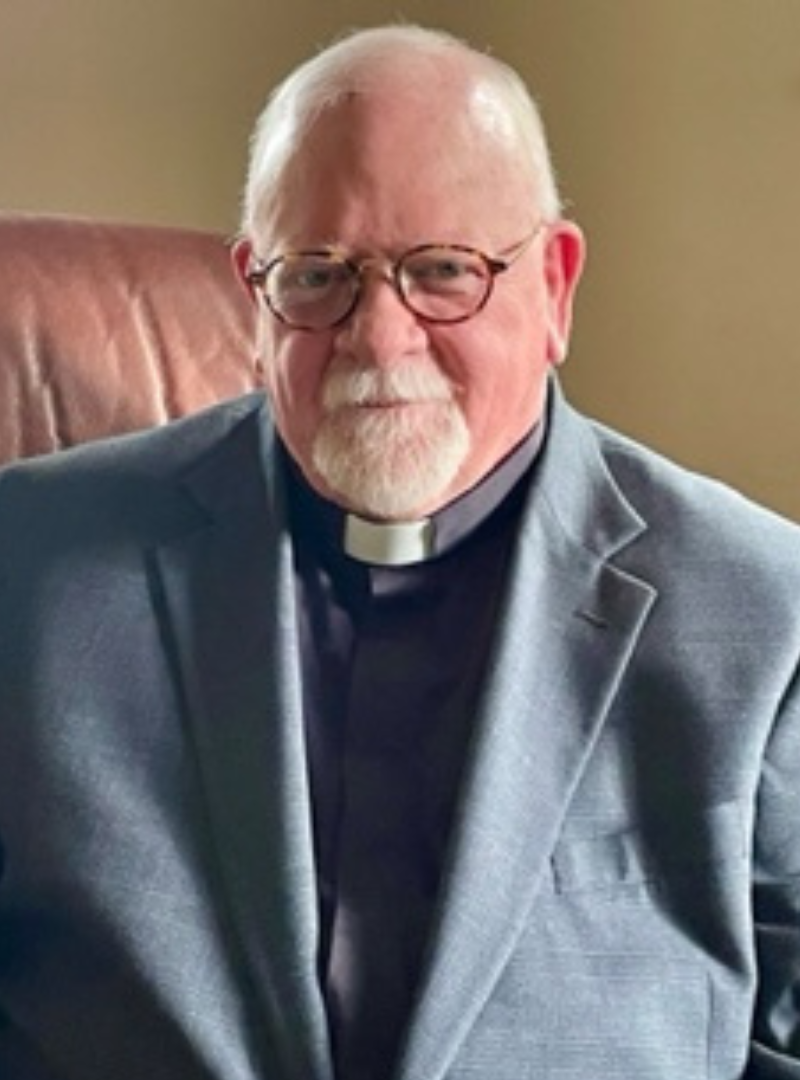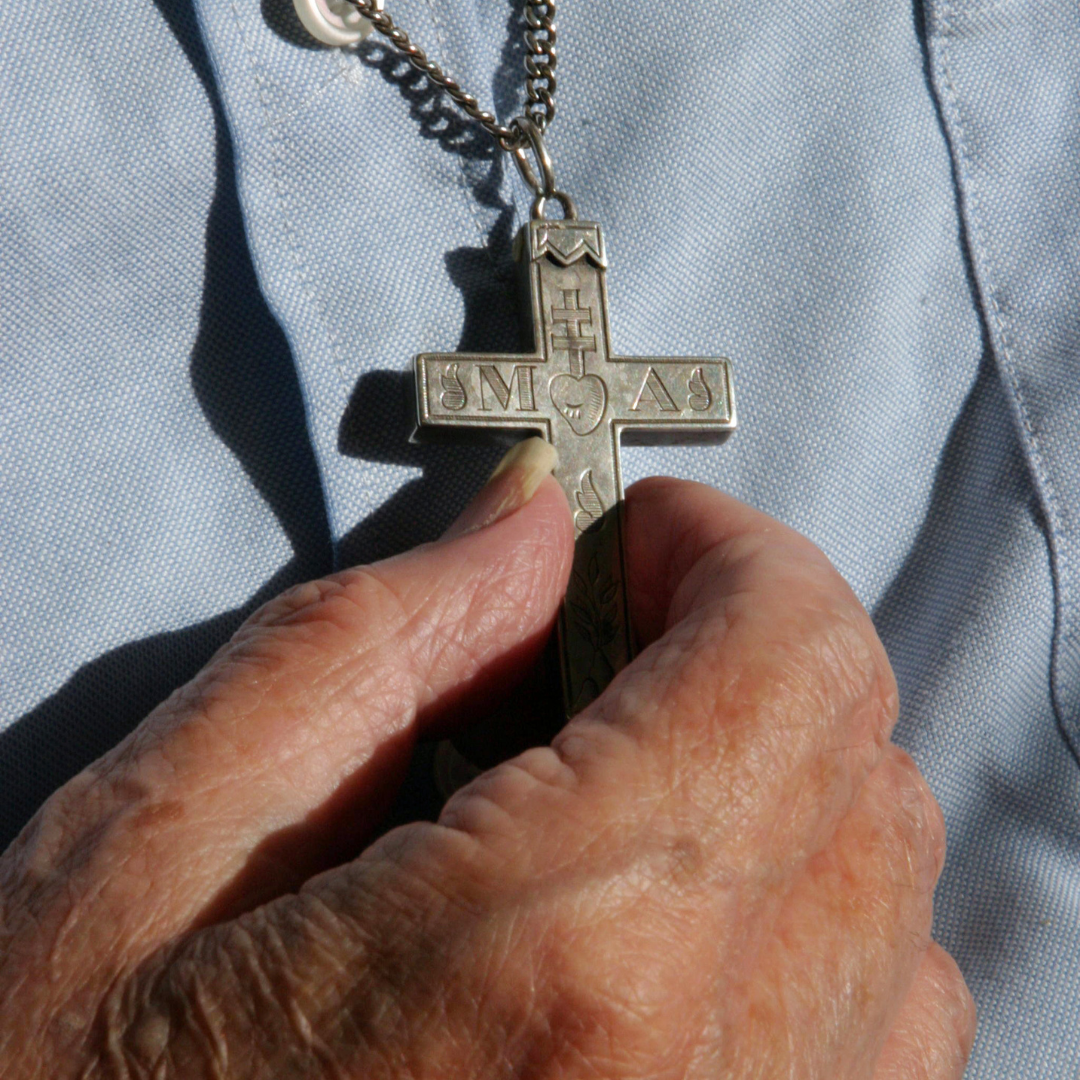Dear Friend,
Many years ago, when I was the pastor of St. Rose of Lima Parish in Denver, CO, a good friend, songwriter, and fellow priest, Joe Raffa, wrote the following poem. It has always been a source of spiritual nourishment for me and a reminder of who I am in the heart of God and in the church which I carry with me through the Christmas season. Joe graciously gave me permission to share this with whomever I wish.
Re-Member
Long ago and so far away
When time began in stillness stood.
The Word leapt forth from God to Shine
And re-member stony hearts
like yours and mine.
Long ago and so far away
In memory of God our names were known,
Now bonded with the Word
We journey day and night
In hopes to trace our way back home.
To loose our bonds of fear
and re-member our hearts of light.
And still today the Word is heard
Is seen and felt and still leaps forth
In lights that shine in humankind
And strikes the note in the memory of God
of names like yours and mine.
And so we wait this day -
We in cold and stillness stood
With glimmers of the Word - it is heard -
Who once came and
spoke the memory of God.
Will come again
And re-member each of us by our name.
By Joe Raffa
This Christmas season, my prayer for you and your family is one of hope and peace. I pray that the light of the Christ, born in each of our hearts again, will leap forth and be a beacon of hope, compassion and love in your family, your community, and in our world.
Merry Christmas and a Blessed New Year!
Fr. Jack Loughran, OSFS
Former Provincial






















